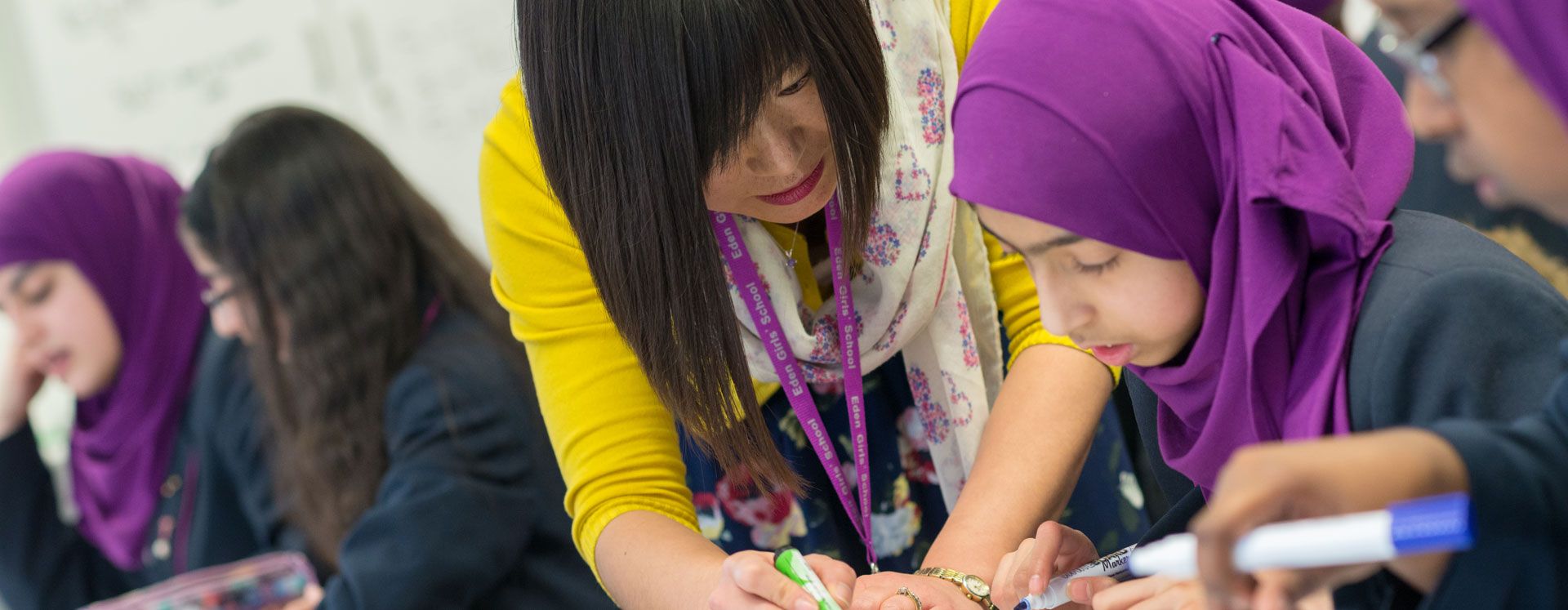History
Why study History?
Understanding past events and people and their significance gives students a better insight into the world around them. We believe in the importance of not just learning history but learning from history. The study of History equips pupils with the ability to critically analyse source material, assess the merits of different arguments, hone their debating skills, and recognise bias and propaganda.
How will I study History?
Pupils study History through big enquiry questions. Each enquiry covers a sequence of lessons. At the end of that sequence of lessons pupils are equipped to formulate their own answer to the enquiry. These are genuine historical debates amongst academic historians. Pupils learn historical concepts that are revisited regularly in different periods of time, locations and people allowing pupils to gain a deeper understanding. Alongside this, pupils learn to be historians developing their disciplinary knowledge understanding methods of historical enquiry, how evidence is used to make historical claims and understand why there are different interpretations of the past.
What will I study at key stage 3?
In Year 7, pupils explore historical enquiries that span the Roman to Tudor period. This includes:
- Historical enquiries that explore how the Romans established rule in England after failing twice.
- If the Normans brought trouble to Britain.
- The significance of the Magna Carta.
- If 1348 really was the end of the world.
- Was there a Mid Tudor Crisis or was it a period of trauma and survival?
In Year 8, pupils move through the study of Mughal India and end at Britain’s industrial revolution. Pupils explore enquiries that cover:
- Who was the greatest Mughal of them all?
- How modern was Britain by 1789?
- Were the ‘Divine Right of Kings’ – the will of the people or the will of God?
- How did the British lead the French into revolution?
- Did the abolition of slavery end slavery?
- Why is the British Empire on trial? Was there an Indian mutiny or a war of independence?
- Which better describes the Industrial Revolution: Dark satanic mills’ or ‘progress and improvement?’
In Year 9, pupils move into the twentieth century to present day. Historical enquiries explore:
- Was the First World War worth winning?
- How far did new ideas cause conflict?
- Why were the Nazis able to implement the Final Solution?
What will I study at key stage 4?
- At Key Stage 4, pupils take a thematic study, pupils study Medicine Through Time 120 – present . They also study the historic environment which involves The British sector of the Western Front, 1914–18: injuries, treatment and the trenches. In this unit they will study the cause, prevention and treatment of medicine from the medieval period to the modern era. The treatment, injuries and trenches enables students to study a historical enquiry of how injuries in the trenches caused treatment to develop.
- For their period study students study the American West c1835–c1895. Students will focus on the lives of native Americans, their culture and beliefs and how settlement of the west led to conflict amongst various groups.
- As a British depth study, pupils explore early Elizabethan England 1558–88. They focus on the Queen, government and religion, challenges to Elizabeth I at home and abroad, and Elizabethan society and the age of exploration.
- In addition, pupils undertake a modern depth study Weimar and Nazi Germany, 1918–39 through their study of this source they examine the challenges the Weimar government faced and how this led to the development of the Nazi party. From this they will study how Nazi Germany developed over time and was able to control the majority of the population through force, terror and propaganda.
Assessment at key stage 4
History Edexcel
| Overview | Focus |
|---|---|
| Written exam (1 hour 15 mins) 52 marks 30% of GCSE |
Section A The British sector of the Western Front, 1914–18: injuries, treatment and the trenches Section B Medicine Through Time 120 – present |
| Overview | Focus |
|---|---|
| Written exam (1 hour 45 mins) 64 marks 40% of GCSE |
|
| Overview | Focus |
|---|---|
| Written exam (2 hours) 52 marks 30% of GCSE |
Weimar and Nazi Germany, 1918–39 |
Enrichment
The department offers a range of educational visits such as to St Mary’s Guildhall, a local historical site which provides students with access to a workshop. History is brought to life through re-enactments, the exploration of artefacts, original film footage and model making. Students in year 7 are encouraged to take part in castle building competitions. Students in year 10 are given the opportunity to participate in the Front Line Living History Workshop. Students in year 8 are invited to join history book club where they can read historical fiction and debate how this contrasts with real life.
Careers
The study of History can lead to future careers ranging from Researcher, Museum Archivist and Journalist to Librarian, Business Consultant and Editor. Famous History graduates include Louis Theroux (documentary filmmaker, author), Jonathan Ross (TV presenter), Joe Biden (US President) and Gordon Brown (ex-British Prime Minister).

